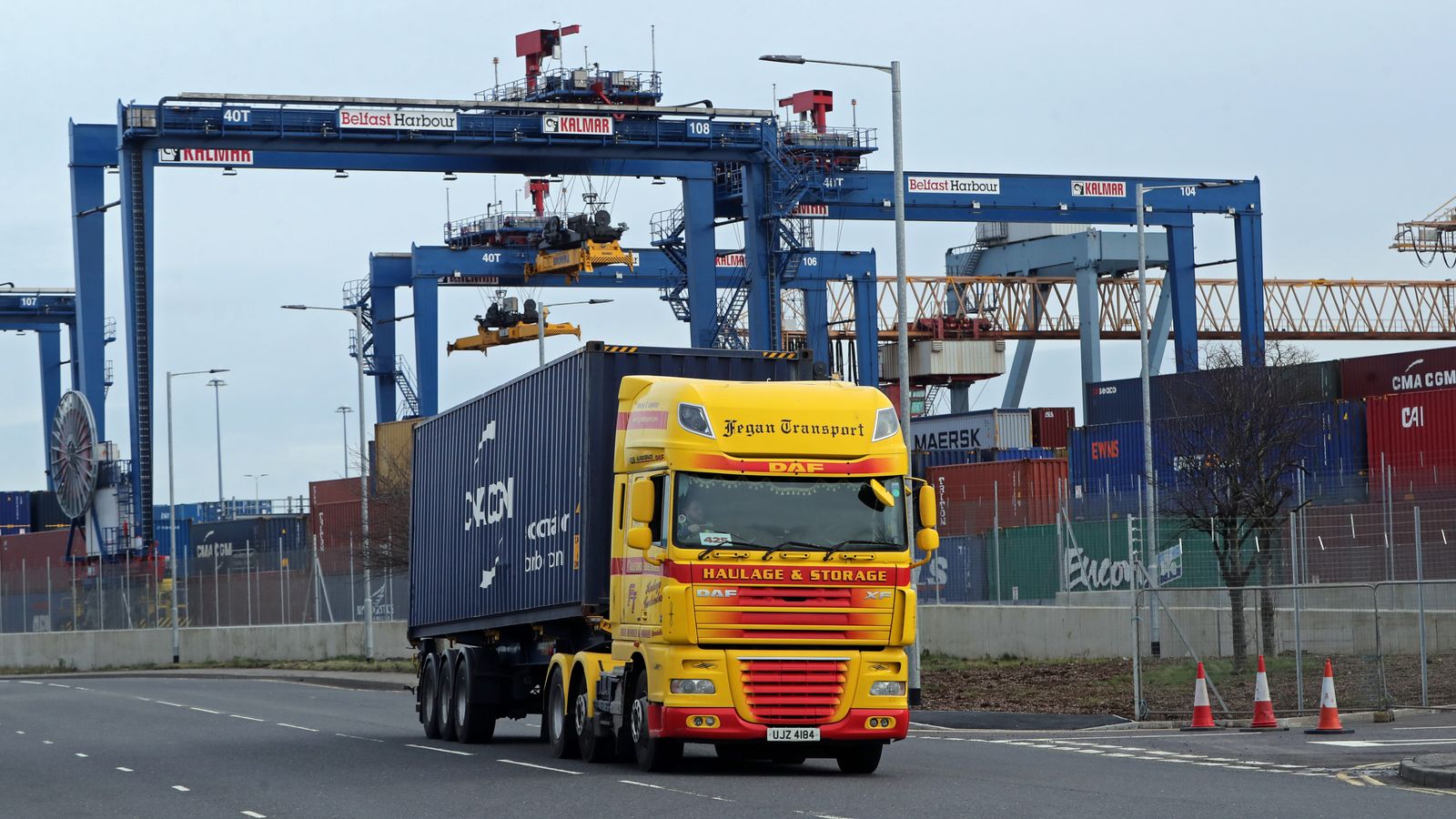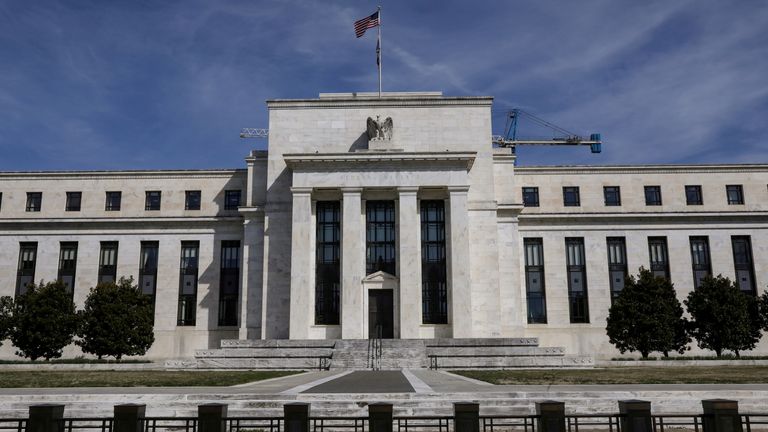The rate of inflation in the UK rose again in June, outstripping economists’ predictions and passing the Bank of England’s stated target of 2%.
The Office for National Statistics (ONS) said the consumer prices index (CPI) measure rose by 2.5% in the 12 months leading up to June 2021, the highest rate for nearly three years, largely driven by increases in transport costs.
And while the central bank’s inflation target is currently 2%, its outgoing chief economist has warned that it could rise as high as 4% this year.
One of the drivers of the increase is that prices this year are being measured against the depressed prices of last year, when the country was in lockdown, making the difference seem larger.
The prices for food, second-hand cars, clothing, eating and drinking out, and motor fuel all rose in 2021 as lockdown restrictions slowly eased, but mostly fell in 2020, resulting in the largest upward contributions to the change in the inflation rate between May and June 2021.
These increases were partially offset by a large downward contribution from games, toys and hobbies, the ONS said, where prices fell this year but rose a year ago as the country was placed under strict lockdown.
Leading up to Wednesday’s figures, most economists’ forecast a 2.2% increase in inflation. The sharper increase than many predicted will renew debate around whether to raise interest rates – a common tool used to prevent inflation from spiralling out of control.
The UK figures come just a day after the US said that its inflation had shot up to 5.4%, the highest in 13 years, due to heavy fiscal stimulation.
“The fact that this morning’s numbers have generally come in above forecast will be seen by many as indicating inflation is back as a concern,” said James Sproule, chief economist of Handelsbanken in the UK, “particularly in conjunction with the surprise surge in US inflation yesterday.”
“A more general concern about inflation is set to be the backdrop for the second half of the year,” he said.
Many view these effects as temporary, predicting that inflation will fall again later this year to its target rate of 2% as prices stabilise.
The Bank of England’s rate-setting Monetary Policy Committee has taken this view, arguing that the current spike in inflation is transitory and will naturally decline after peaking at 3%.

